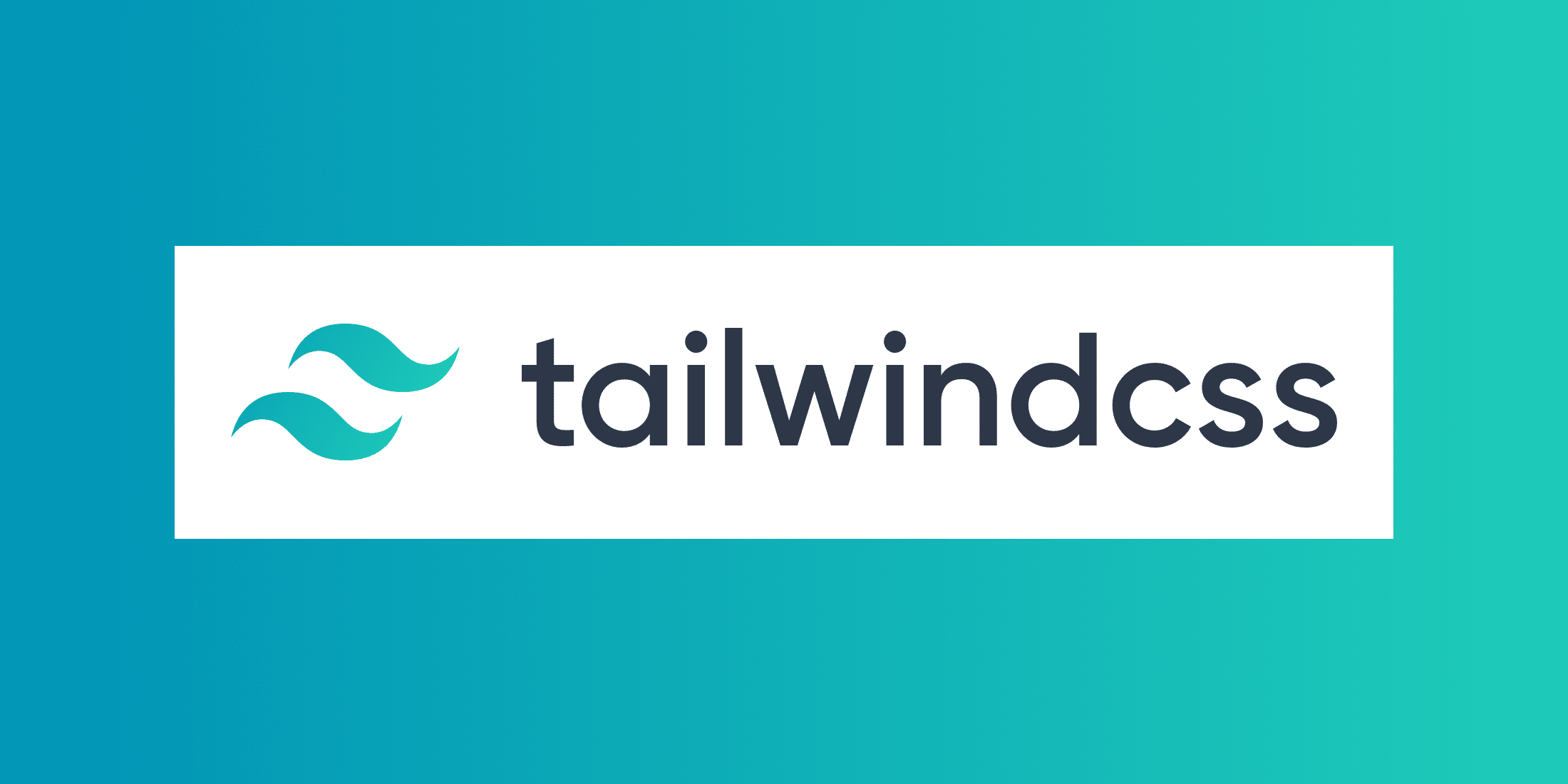Leveraging Tailwind CSS for Rapid Web Development
Tailwind CSS is a powerful and versatile tool for web developers, enabling the rapid creation of user-friendly and aesthetically pleasing interfaces. One distinctive feature of Tailwind CSS is its class-based approach, which eliminates the need to write custom CSS for each page element. In this article, we will explore the various classes and functionalities offered by Tailwind CSS to streamline the web development process.
Classes for Rapid Styling of Elements
Tailwind CSS comes with a wide range of pre-defined classes for quickly styling elements without the need for writing custom CSS. Here are some examples of classes and how they can be used:
Pseudo-classes and Interactions
Tailwind CSS makes it easy to create hover and focus effects by adding additional classes. For example, to change the background color when the user hovers over an element, we can use classes like hover:bg-{color}-{intensity} such as hover:bg-sky-700.
Media Queries
To make web pages responsive, Tailwind CSS provides special classes for media queries. These allow setting specific styles for different screen sizes, such as md:w-32 for a width of 32 units on medium-sized devices.
Grid and Flex
Tailwind CSS also offers classes for working with grids and flexbox. To create grids, we can use classes like grid-cols-{n} to specify the number of columns. Similarly, for flexbox, we can use classes such as flex-wrap or flex-no-wrap to control the behavior of flexible items.
Conclusion
Tailwind CSS is a powerful tool for web developers, allowing them to quickly and efficiently create modern and responsive web interfaces. By using class-based atomic concepts, Tailwind CSS makes the development process more intuitive and productive. With a wide range of classes and functionalities, Tailwind CSS is an excellent choice for web development projects of any size and complexity.



Post a Comment
0Comments